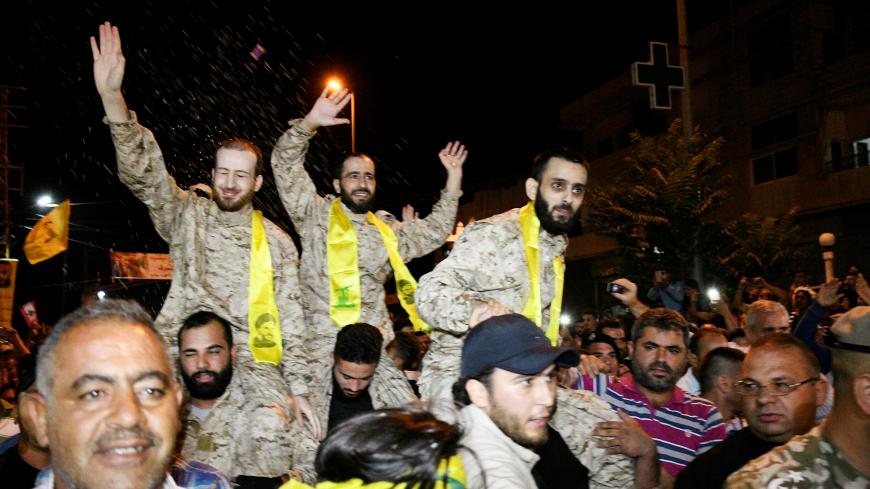Lebanon paid tribute Sept. 8 to the soldiers who fell during the army's latest offensive against the Islamic State and those executed by the terrorist group after their kidnapping three years ago in 2014. The debate is still ongoing in the political and media arenas on the implications of the successful military operation for Hezbollah and Lebanon's defensive strategy, based thus far on the army-people-resistance triptych. The legitimacy of Hezbollah's involvement in Syria has been built on the rhetoric of protection of Lebanon from so-called "takfiri" groups, a leitmotif that had gained wide popularity, including among some segments of the population traditionally hostile to Hezbollah.
Since the Fajr al-Jorud operation launched on Aug. 19 on the outskirts of the villages of al-Qaa and Ras Baalbek, near the Syrian border, Hezbollah's legitimacy has suffered in the eyes of some observers. The party of Hassan Nasrallah “can no longer be regarded as the pre-eminent national military actor,” said Aram Nerguizian, a senior associate with the Arleigh A. Burke Chair in Strategy at the Center for Strategic and International Studies. “The army has demonstrated high-level offensive capabilities when an enabling environment is created,” he told Al-Monitor.



